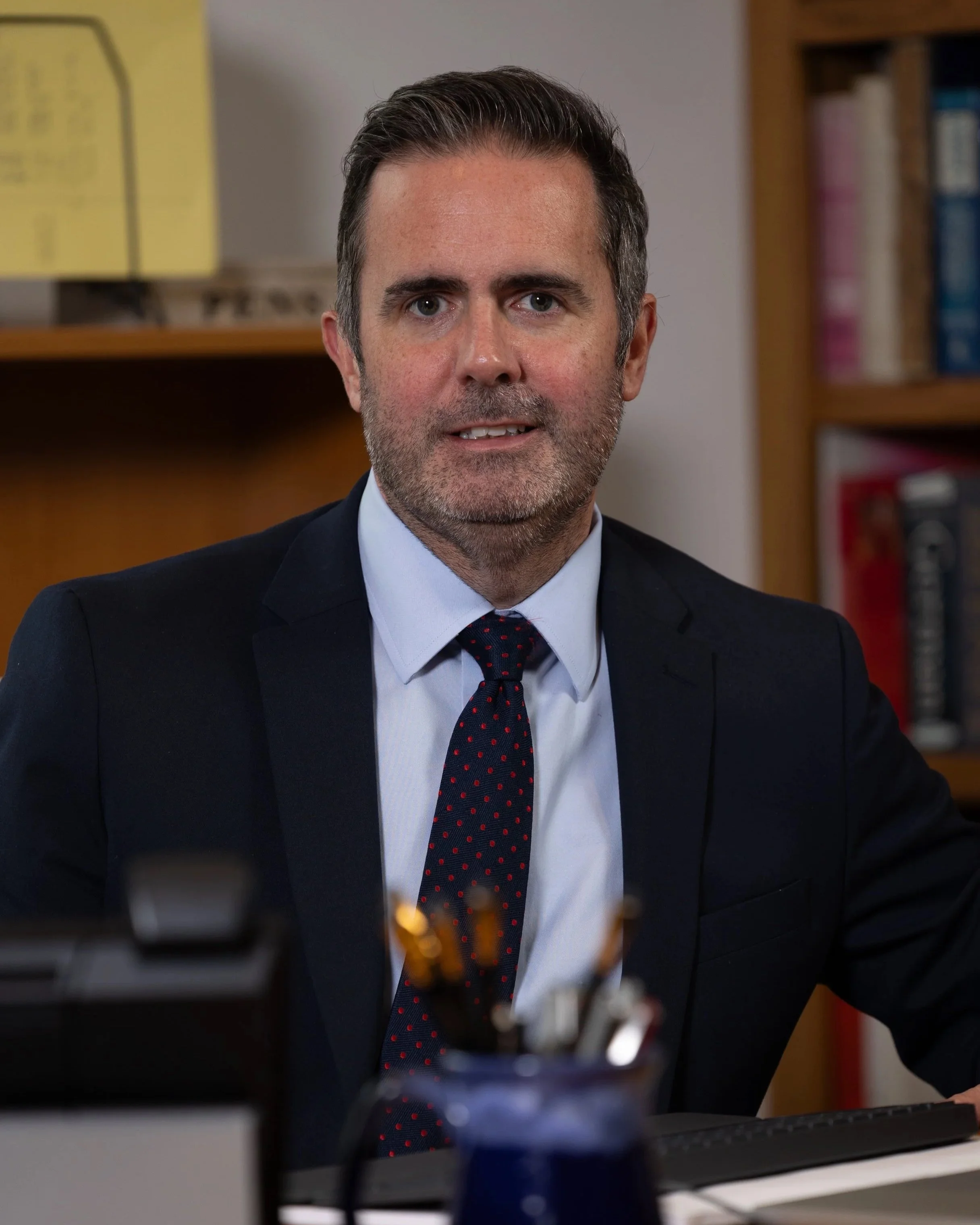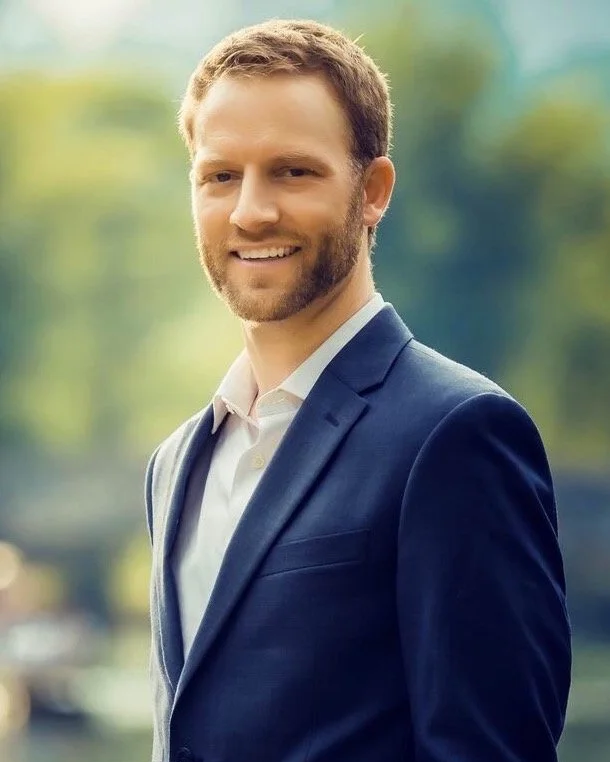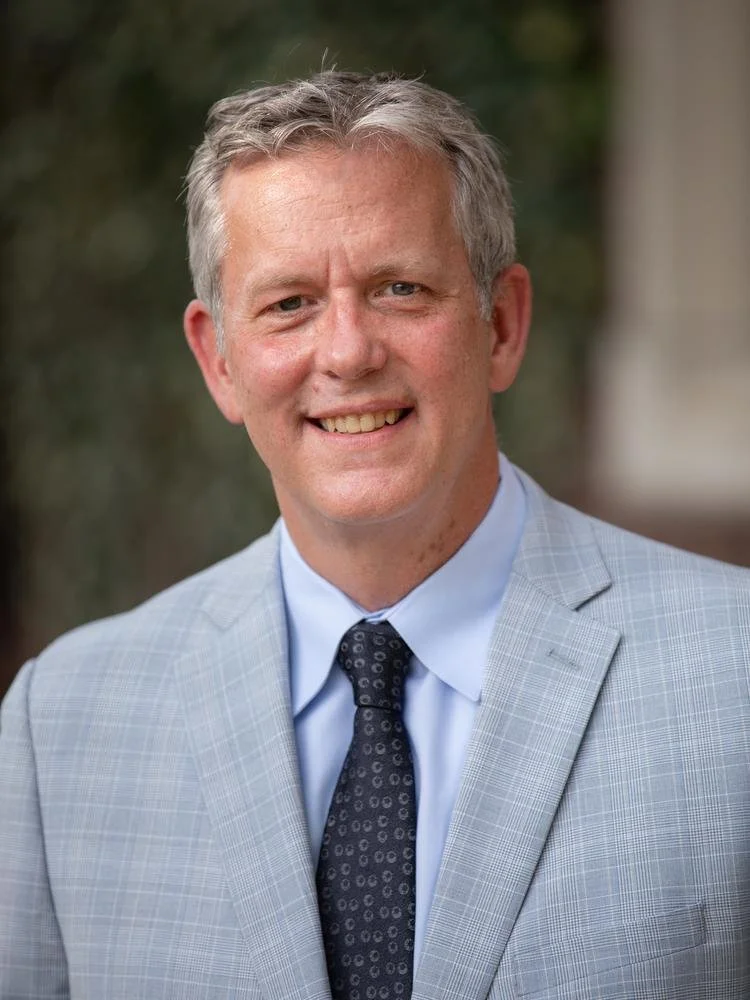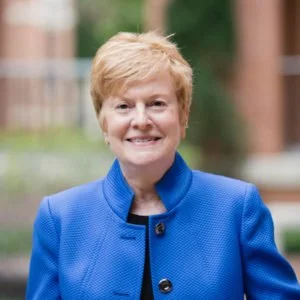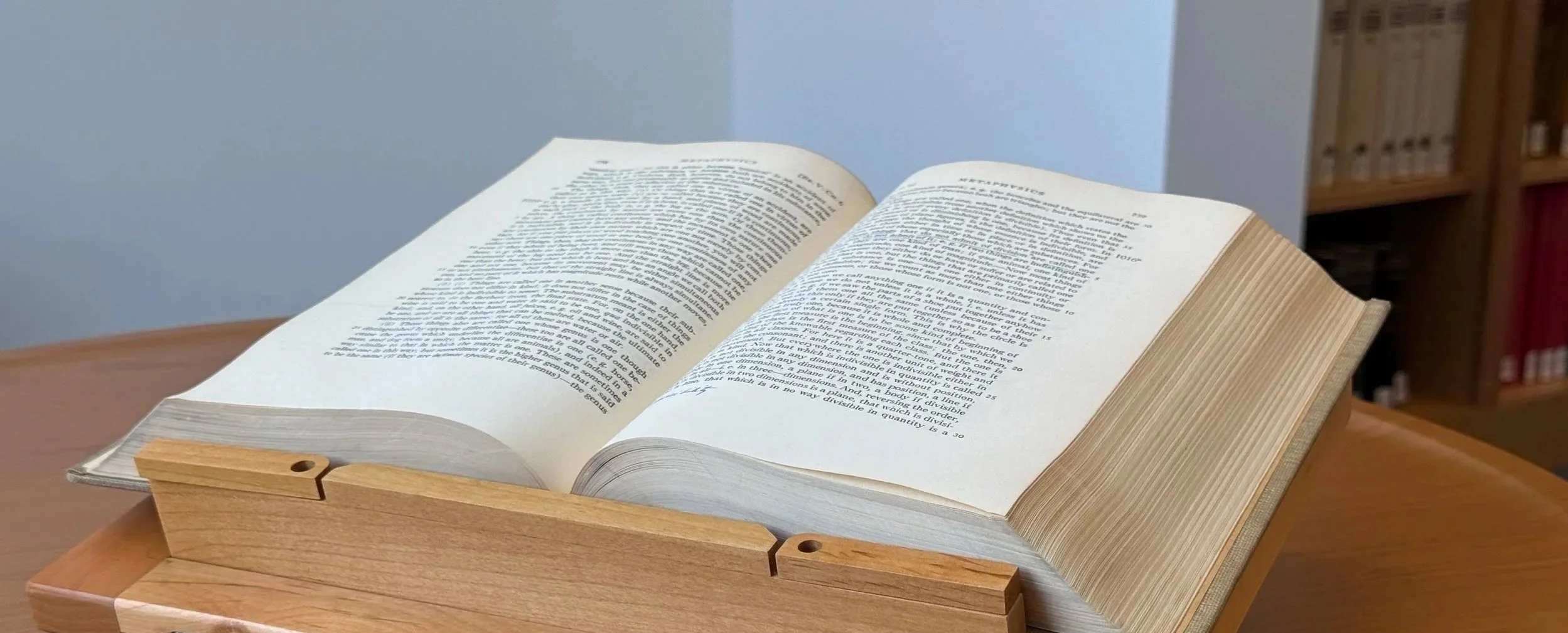
The Future of Theology
Without deep faith, which comes from deep and critical learning and teaching, the cultural imagination of our age will consign Christianity to the nursery with other pleasant fables and fairy stories. All academic research presumes we cannot simply be satisfied and teach the received norms and traditions of any subject, but engage in research which catalyzes new ways of thinking, being, and doing in the world today. This is as true of Theology as any other discipline. And, if we are to re-engage a society which has more than ever been educated and apprenticed to this kind of thinking, the formation of those who will go on to teach the faith of Christianity to the broader public in their localities should wisely embody the kinds of deep, culture-changing thinking and reflection which is needed for Christianity once again to shape and transform the societies of which we are a part.
As the world’s only institute for advanced study dedicated to Theology, our Director has assembled major theological thinkers from around the globe to convene to consider the future of theology in terms of the church, university, and world. What can and must theologians be working on if we are to bring about the theological renaissance for which CTI was founded?

